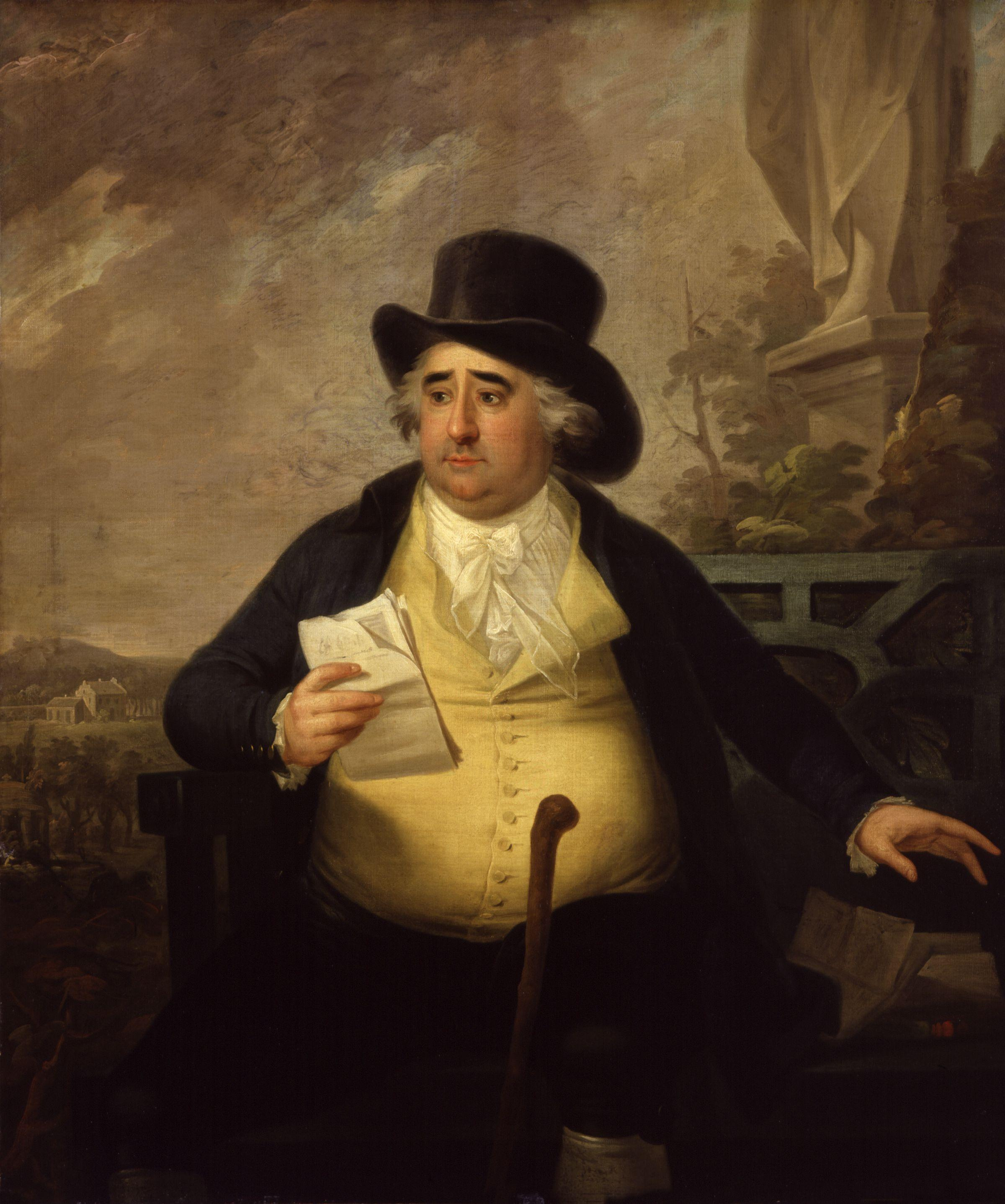Speech in the House of Commons (10 December 1788) advocating the Prince of Wales being appointed Regent, reprinted in J. Wright (ed.), The Speeches of the Rt. Hon. C. J. Fox in the House of Commons. Volume III (1815), pp. 400-401.
1780s
Charles James Fox: Citations en anglais
Letter to Mrs. Armitstead (7 October 1792), quoted in L. G. Mitchell, Charles James Fox (London: Penguin, 1997), p. 125.
1790s
Letter to Lord Holland (9 January 1804), quoted in L. G. Mitchell, Charles James Fox (London: Penguin, 1997), p. 194.
1800s
Speech in the House of Commons (2 March 1790).
1790s
Speech in the House of Commons (14 December 1778), reprinted in the The Parliamentary History of England, from the Earliest Period to the Year 1803. Vol. XX (London: 1814), p. 79.
1770s
Letter to Edmund Burke (24 January 1779), quoted in L. G. Mitchell, Charles James Fox (London: Penguin, 1997), p. 41.
1770s
Speech in the House of Commons (24 April 1780), reprinted in J. Wright (ed.), The Speeches of the Rt. Hon. C. J. Fox in the House of Commons. Volume I (1815), p. 261.
1780s
Letter to Lord Holland (15 November 1795), quoted in L. G. Mitchell, Charles James Fox (London: Penguin, 1997), p. 140.
1790s
William Hunt, 'Fox, Charles James (1749–1806)', Dictionary of National Biography (1889).
About
Statement https://fleuron.lib.cam.ac.uk/book/1079701600 to his constituents (14 September 1780) in the wake of the anti-Catholic Gordon Riots.
1780s
Speech in the House of Commons (27 November 1781), reprinted in J. Wright (ed.), The Speeches of the Rt. Hon. C. J. Fox in the House of Commons. Volume I (1815), p. 429.
1780s
Speech in the House of Commons (12 January 1784), quoted in L. G. Mitchell, Charles James Fox (London: Penguin, 1997), p. 75.
1780s
